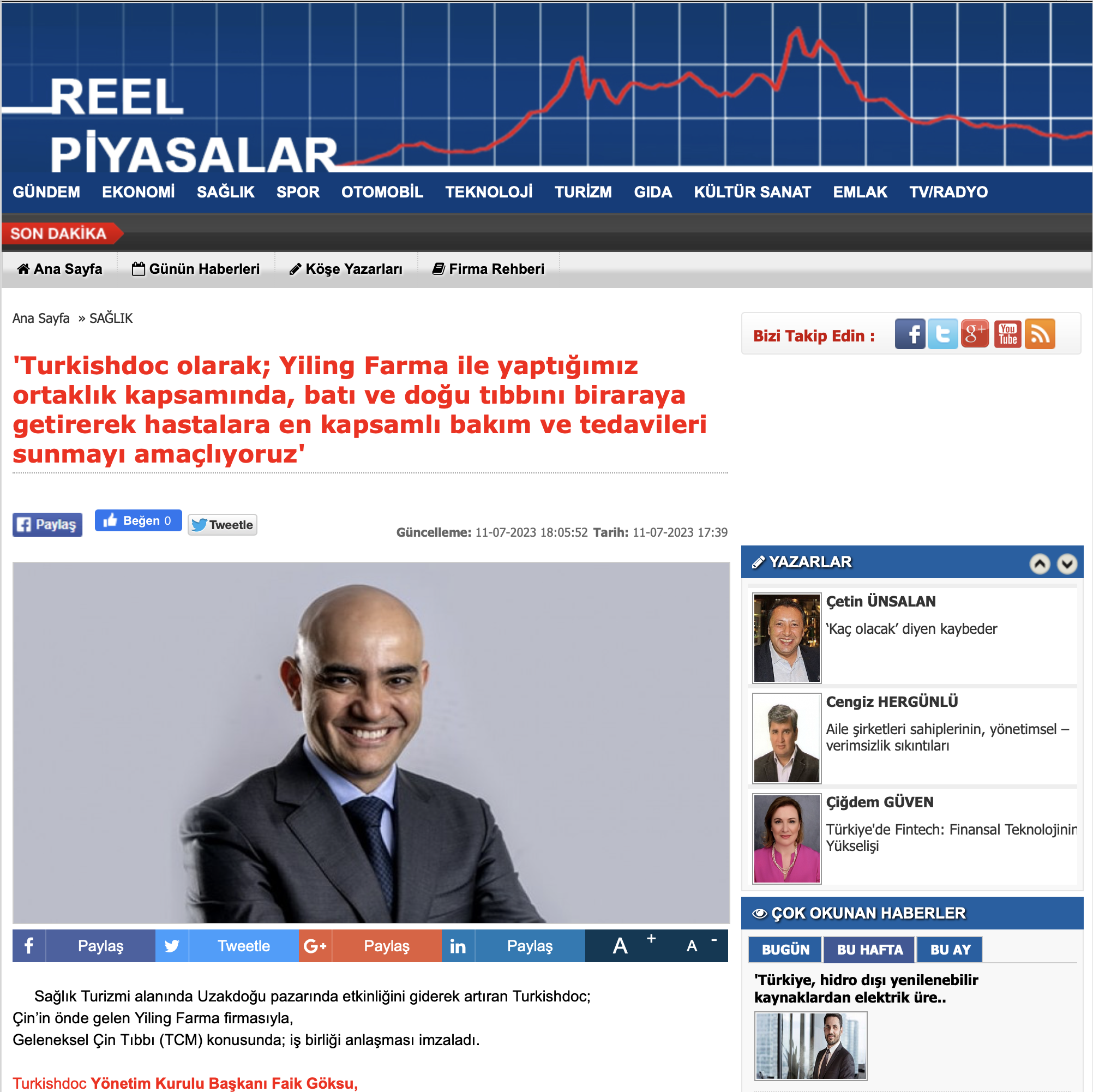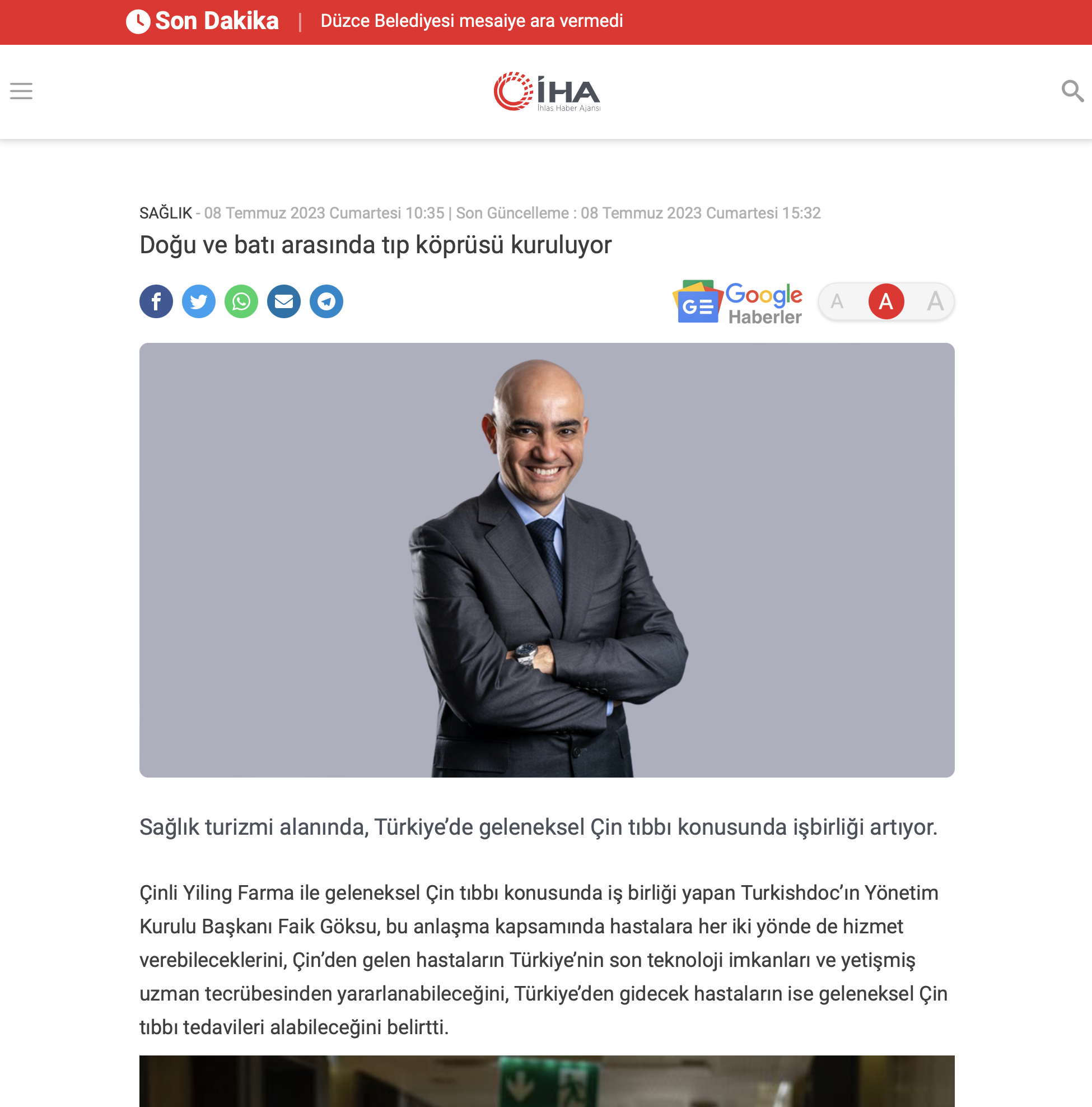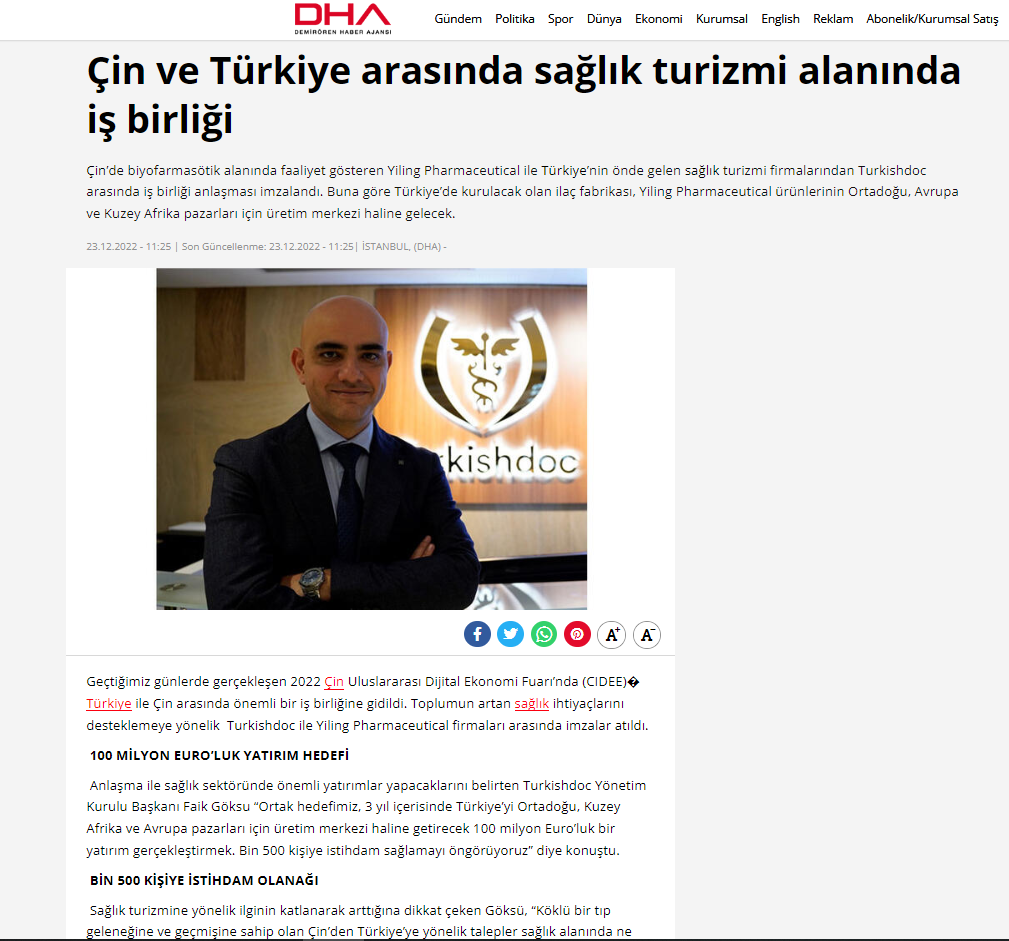Turkishdoc
What Is Exactly A Herniated Disk?
In very simple terms, a herniated disk is defined as an orthopedic condition that occurs as a result of the rupture of the disc between the vertebrae in the lumbar region. This condition causes pain in the lower back and legs, depending on its severity. Lumbar disc herniation, which is generally seen in the elderly, is also seen in young people. It occurs for many reasons and affects the person’s movement and daily life. Excessive weight lifting, in particular, can contribute to this issue. A herniated disk is a condition that should be treated because it negatively affects the person’s life. Today, the most preferred treatment methods for this condition include physical therapy and surgical methods.
Symptoms Of Herniated Disk
A herniated disc is a condition that does not show many symptoms at the beginning. However, as it progresses, some symptoms begin to be observed. Since herniated discs occur in the lower back, the most obvious symptom is low back pain. Other symptoms of a herniated disk affecting certain parts of the body are as follows:
- Pain in the leg or arm
- Pain sensation in the shoulder
- Pain in the arm and leg when coughing and sneezing
- A feeling of numbness in the leg
- Stumbling and feeling weak due to weakened arm or leg muscles
- Difficulty walking
These symptoms can be observed when the connective tissue in the spine ruptures as a result of forceful movement in the lower back. They occur when cartilage tissue from this torn ligament compresses the nerve canals. These symptoms may become more severe as the herniated disc progresses. These symptoms can interfere with activities of daily living. It may even cause incontinence. Therefore, if you have been experiencing one or more of the above symptoms for a long time, a herniated disk may be suspected. In this case, you should consult a doctor to prevent further progression.
Causes Of Herniated Disk
The most important cause of herniated disks is disc degeneration. As people age, the discs harden, and wear, and tear. As a result, the slightest strain damages these discs and causes them to rupture. This is a factor that causes herniated discs. There are also causes of this condition depending on environmental factors. Other possible causes of herniated disks include:
- Having an accident
- Carrying a very heavy object on your back
- Falling down
- Trauma to the back or lumbar region
- Working for long periods while standing or sitting
- Being overweight
In general, these are among the factors that cause herniated discs. Since it is a condition seen in older people, it can be said that this is also a possible cause. In addition to all these causes, there are also some risk factors for herniated discs. In particular, excessive weight gain triggers the occurrence of this condition as it damages the discs in the lower back. Inactivity is another risk factor that triggers a herniated disc. Inactivity causes the muscles to reduce their functionality, and the discs are negatively affected. Therefore, all these risk factors can lead to a herniated disc. In this case, regular exercise, a balanced diet, and not lifting too many heavy objects should be taken into consideration to prevent this condition.
Treatment For Herniated Disk
As with any orthopedic condition, a herniated disk is also treatable. Before treatment, some diagnostic methods should be used to check and reveal the findings. Diagnostic methods are applied by listening to the complaints and medical history of the person. The doctor first performs a physical examination and focuses on the areas affected by the herniated disc. Reflexes, mobility, and muscle strength are also examined during the physical examination. Before diagnosing a herniated disc, other methods such as X-rays, CT scans, MRIs, and myelograms are used. When these diagnostic methods are applied, the appropriate treatment process is started after the herniated disc is detected.
In the treatment of a herniated disk some painkillers, rest, and physical therapy are used. If there is not a very severe herniated disk, symptoms may regress with these methods. Surgical methods are applied in cases of progression of the herniated disk, which is not limited to this treatment. Below you will find important information about the treatment methods for this condition:
Drug therapy: Medication, one of the conservative treatment methods, is used at the onset of a herniated disk. To prevent pain, the doctor will prescribe some painkillers specific to this condition. Neuropathic drugs, muscle relaxants, cortisone injections, and painkillers are included in the scope of medication. The patient should rest frequently and avoid strenuous activities while on individualized medication.
Physiotherapy: If the herniated disc has not progressed too far and pain is observed, physical therapy can also be applied. Regular and appropriate exercise programs designed by physiotherapists can aid in the treatment of this condition. This treatment aims to relieve pain and strengthen the muscles. Positive results are usually obtained if regular exercises are performed within 2 weeks.
Surgery: If physical therapy and pain medication are not effective, surgery is necessary. This treatment is rare and minimizes the symptoms. In particular, surgery is necessary if most of the symptoms, such as difficulty walking, persistent pain, bladder and bowel uncontrollability, and inability to stand, are present. This treatment method relieves pressure on the nerve root, allowing the person to live a healthy life.
Today, several surgical procedures have been developed for herniated discs. These include laminectomy, artificial disc surgery, spinal fusion, and microsurgical techniques. These surgical procedures are applied after being determined according to the patient’s age, health status, and severity of the herniated disk. In general, however, the offending disc can be surgically removed and fused with a bone graft. To stabilize the spine, metal hardware is inserted into it. In general, surgical treatment for this condition involves a short hospital stay. The recovery period can be 2–3 weeks. After recovery, the person can return to daily activities and work.
As a result, a herniated disk is a condition that negatively affects a person’s daily life and physical health. Since it can occur due to many factors, some factors should be taken into account. It is important to avoid lifting too much weight, exercising, being sedentary, and not gaining weight. It is possible to reduce the risk of herniated disks by paying attention to spinal health. Individualized treatment methods are applied for this condition, which is characterized by symptoms of pain and numbness. Therefore, if you frequently experience one or more of the symptoms of a herniated disk, you should consult a doctor. With the treatment applied, the symptoms of a herniated disc are reduced by going to check-ups at specified intervals and considering some recommendations. Thus, this condition can be prevented with appropriate treatment methods.











